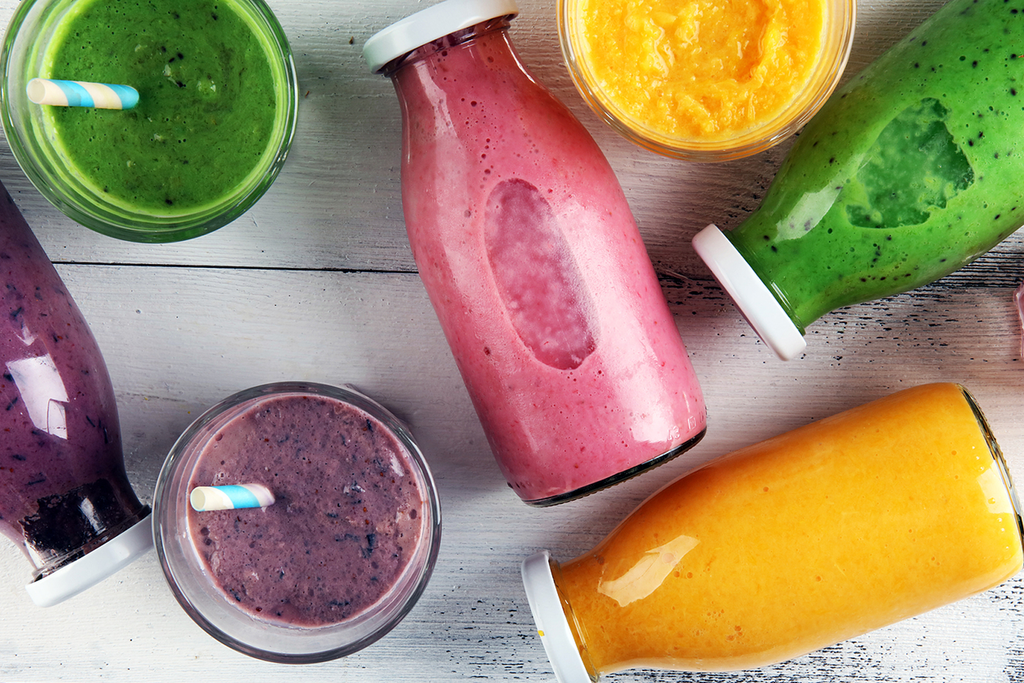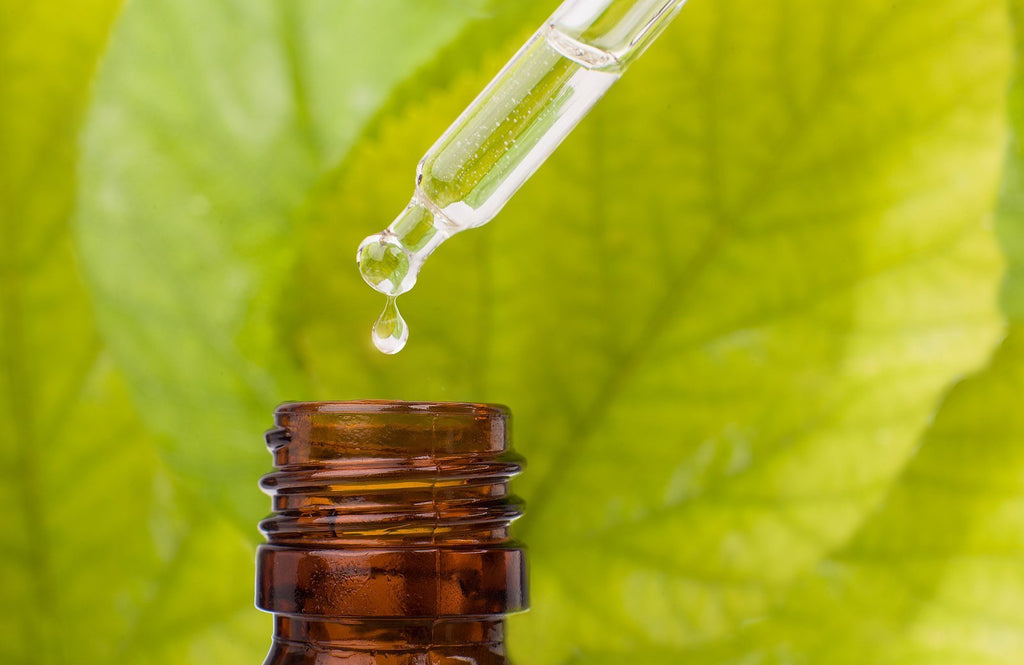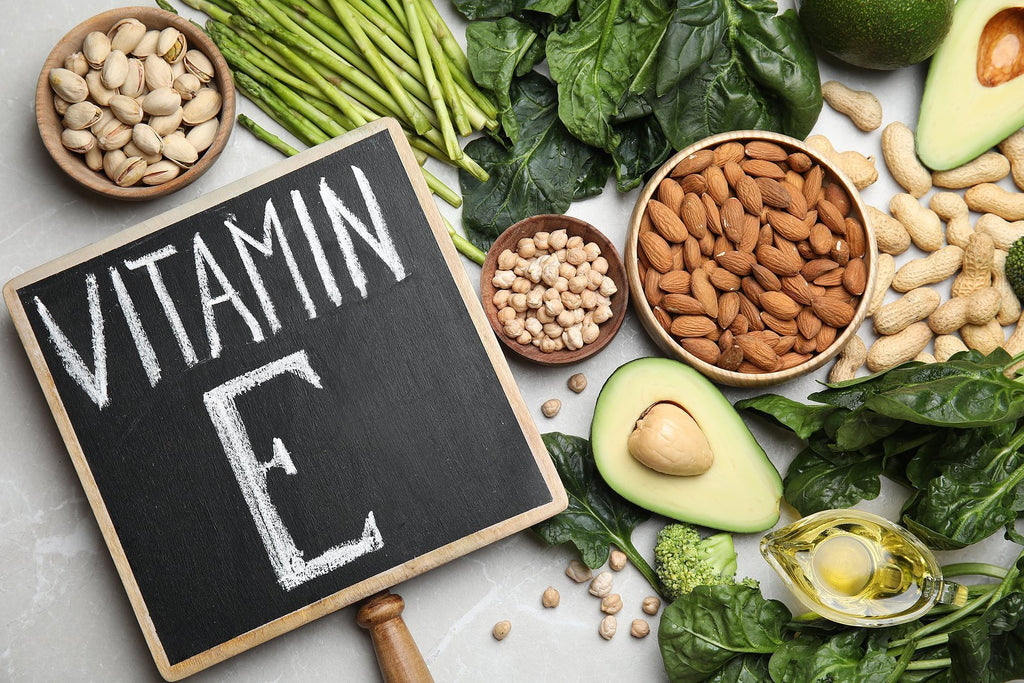Presbycusis: Start Preserving Your Hearing Now
When you consider how nutrition affects your health, chances are you don’t think of your ears, right? But the fact is, certain nutrients can support your auditory system and preserve your hearing!
Using Your Brain to Hear
While mechanical problems within the ear can certainly create hearing issues, research shows that poor diet and declining brain function are contributing factors.
A healthy brain can process and sort sensory information efficiently. When sound waves enter your ears, your brain translates them into words, music, and all the noises you know.
An unhealthy brain puts your hearing at stake. This is a huge concern since cognitive problems are on the rise, especially among people age 50 and older.
It Only Happens To Older People, Right?
Wrong. Although hearing problems are typically associated with the elderly, symptoms can surface as early as age 40! By age 65, you have a 1 in 3 chance of experiencing presbycusis, the condition of age-related hearing loss.
Reducing Your Risk For Presbycusis
These 6 nutrients play a critical role in your auditory health:
1) Omega 3 fatty acids DHA & EPA
If you want to hear well, eat fish!
These fatty acids in fish nourish your brain and protect the tiny blood vessels involved in hearing.
If you’re over the age of 50, you can cut your risk of presbycusis by 42 %…just by having 2 or more servings of omega 3 rich fish per week.
Sources:
- Mackerel
- Salmon
- Sardines
- Cod liver oil
- Herring
- BodyManual’s Omega 3
Learn more about fish oil benefits here: Fish Oil Benefits & Why You Should Be Supplementing
2) Folate / B9
Your hearing relies on sensory receptors in your inner ear called hair cells. These are not to be confused with any hairs coming out of your ears!
Folate promotes circulation which helps these delicate hair cells do their job.
If you have hearing loss already, folate can slow down the progression.
Sources:
- Organ meats
- Asparagus, broccoli, Brussels sprouts
- Avocado
- Romaine lettuce
3) Potassium
This mineral regulates the fluid in your blood, tissues, and inner ear.
This ear fluid is needed to convert sound into nerve impulses for your brain to interpret.
Most people have too much sodium and not enough potassium in their body.
Since potassium loss through urine can increase with age, make sure to replenish with these sources:
- Avocado
- Spinach, chard
- Sweet potato, beets
Click here to learn about other nutrients that decline with age.
4) Magnesium
Loud sounds create free radical damage that destroys those inner ear hair cells.
When this happens, sounds are not transmitted properly to your brain. This noise induced hearing loss can be prevented with Magnesium.
By working to block the activity of free radicals, magnesium forms a protective barrier for hair cells. Having enough magnesium also keeps your blood vessels relaxed so that blood and oxygen flow to your inner ear.
Sources:
- Spinach, chard
- Pumpkin seeds, almonds
- Avocado
- BodyManual’s Body Calm
4) Magnesium
As a powerful immune booster, zinc helps ward off pathogens that cause ear infections.
This is so important since chronic ear infections create scar tissue that impacts healthy hearing.
Sources:
- Grass fed beef, lamb, chicken
- Pumpkin seeds
- Mushrooms
6) Antioxidants
Free radicals damage your cells and promote brain damage, disease and rapid aging.
Vitamins A, C and E to the rescue!
You can never have too many antioxidants so load up on these sources:
- Cruciferous vegetables
- Sauerkraut
- Artichoke
- Berries
- Nuts/Seeds
- Dark leafy greens
- BodyManual’s Natural E Complex
Sugar Has No Mercy on Your Ears
It’s no secret that sugar demolishes the health of your brain and increases your risk for diabetes and high blood pressure. These are two conditions that make you more prone to presbycusis.
Excessive sugar (and caffeine) will also throw off that fluid balance your ears require to function.
Don’t Forget…
Don’t forget to protect your ears in a loud environment and be mindful of the volume when using headphones.
Hopefully it’s loud and clear on how to preserve your hearing!
Sharing is caring
Know Your body - Know Your Health






